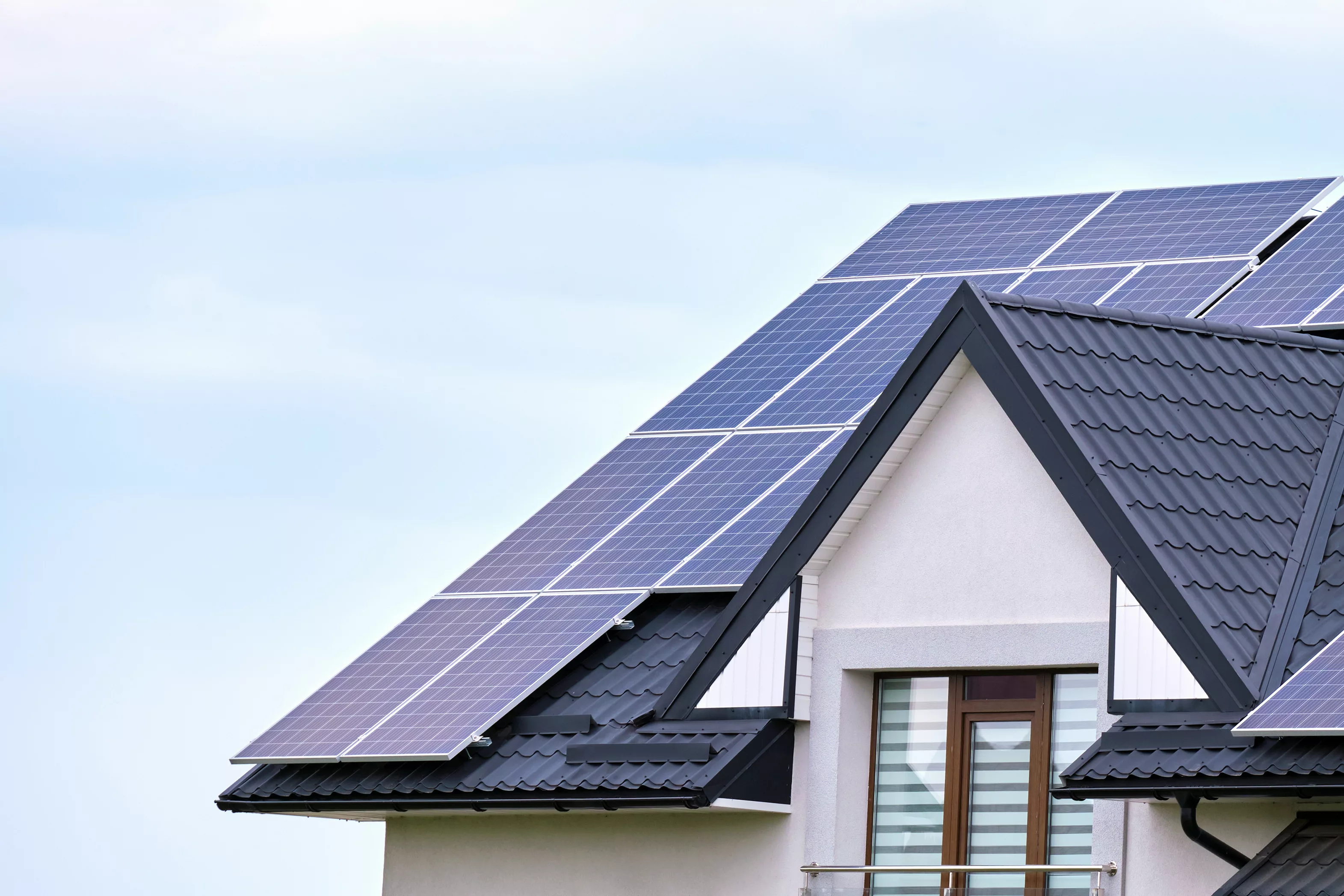State oversight committee objected to process of how the change was proposed
By PETER HANCOCK
Capitol News Illinois
phancock@capitolnewsillinois.com
SPRINGFIELD – A proposed change in state air pollution regulations will move forward despite an objection from a legislative oversight committee, allowing the state to avoid federal sanctions that otherwise would go into effect next month.
The change, which came from the Illinois Pollution Control Board and the Illinois Environmental Protection Agency, repeals existing language that allowed factories, refineries, power plants and other facilities to exceed their emission limits during shutdowns, startups, and malfunctions.
The previous rules also gave the owners of those facilities a certain level of immunity from civil lawsuits for exceeding their emission limits during those events.
The change was necessary because of recent court decisions that prompted the U.S. EPA to change its interpretation of the federal Clean Air Act, a program that is largely administered and enforced by state and local governments.
Illinois was first informed about that change in 2015 and was told, along with many other state and local governments, to repeal those regulations and submit new state implementation plans, or SIPs. Illinois did not immediately act on that notice, however, and two years later, the then-new Trump administration put the change on hold.
The Trump administration issued new guidance in 2020 saying such provisions were permissible in some circumstances, but when Democrat Joe Biden came into office in 2021, his EPA administrators reversed course again. In January 2022, Illinois was told for a second time to submit a new SIP.
That notice, known as an “SIP call,” became effective Feb. 11, 2022. From that date, Illinois and other jurisdictions subject to the SIP call had 18 months to come into compliance before the first set of sanctions would take effect – drastically stricter emission limits on new or significantly altered facilities.
After 24 months of noncompliance, the state’s access to federal highway funding would have been tightly restricted.
The process by which the state agencies proposed the changes, however, upset many industrial firms as well as lawmakers on the Joint Committee on Administrative Rules, or JCAR, a 12-member bipartisan body that has oversight authority on administrative rules.
That’s because even though the agencies were told in January 2022 that they needed to make the change, they did not officially publish the rule change until November of that year, forcing them to use a “fast-track” approval process that greatly limited the time allowed for public comment and negotiations.
JCAR considered the proposed rule change at its monthly meeting in June but postponed the rulemaking for 45 days to give the regulated industries more time to discuss the issue with lawmakers, the agencies and U.S. EPA.
Meeting again Tuesday in Chicago, the committee voted to issue a formal objection to the rule change based on the agencies’ use of the fast-track approval process. That does not stop the rule change from going into effect, but it does require the agencies to submit a response within 90 days.
“Recognizing that while we can’t go back and address what’s already occurred, we are going to ensure that the steps are in place so that the next time there is a rule like this – which there will be because of the nature of our federal implemented programs – that we have a structure that doesn’t lend itself to that the type of concerns that brought us here last month,” IEPA deputy director James Jennings said in response to lawmakers’ questions at the hearing.
Capitol News Illinois is a nonprofit, nonpartisan news service covering state government. It is distributed to hundreds of print and broadcast outlets statewide. It is funded primarily by the Illinois Press Foundation and the Robert R. McCormick Foundation, along with major contributions from the Illinois Broadcasters Foundation and Southern Illinois Editorial Association.
This insightful and informative selection is brought to you through WMAY with and by the wonderful work, determination, and generosity of Capitol News Illinois.












